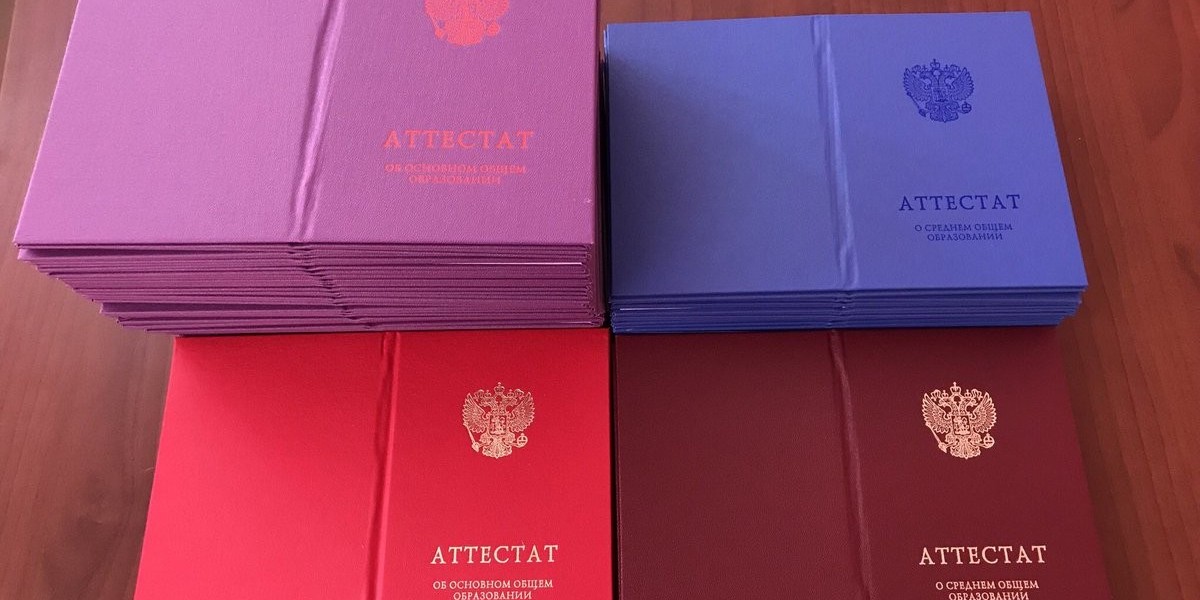To stay safe and comply with the law, it’s more important than ever to be properly trained in key safety skills like VHF radio communication.
What Are the New Rules?
The changes to the Western Australian Marine Act 1982 mean that skippers must stick to the same drug and alcohol limits as road users. This applies to anyone operating a vessel, whether you’re out for a day of fishing or cruising with family and friends.
The penalties for breaking these laws are tough:
- First Offence: Fines of up to $3,750.
- Repeat Offences: Fines can go over $7,500, and skippers may even face jail time.
- Fatal Incidents: If operating under the influence causes a death, the penalties include up to 20 years in prison and an unlimited fine.
These laws are being introduced to reduce boating accidents caused by alcohol and drugs, which have been a major contributor to fatalities and injuries on the water.
Why VHF Radio Training is Important Under These New Laws
As these regulations come into effect, knowing how to use a VHF radio becomes even more important. Here’s why every skipper should get trained:
- In Emergencies, VHF radios are the quickest and most reliable way to call for help in an emergency. Channel 16 is the standard distress frequency, and every skipper should know how to use it properly to contact rescue services.
- For Safe Navigation VHF radios allow skippers to receive important weather updates, navigational warnings, and safety messages. Being able to send and receive this information helps you steer clear of trouble and keep everyone on board safe.
- Staying Compliant with the Law Being well-trained means skippers understand their legal responsibilities. You’ll know what to expect during on-water drug and alcohol testing and how to communicate effectively in line with maritime laws.
Making WA’s Waterways Safer
These new laws aim to create safer and more enjoyable waterways for everyone in WA. Just like breath testing has reduced road fatalities, on-water drug and alcohol testing is expected to lower the number of serious boating accidents.
The message is clear: if you’re in charge of a boat, you need to be sober, vigilant, and well-prepared. By improving skills like VHF radio operation, skippers can navigate safely and respond quickly if something goes wrong.
How to Stay Safe and Compliant
If you’re a skipper, here’s what you can do to keep yourself and others safe:
- Avoid alcohol and drugs before and during boating.
- Make sure you’re trained in VHF radio use so you can communicate effectively in any situation.
- Familiarise yourself with the new laws and understand the penalties for non-compliance.
The introduction of on-water drug and alcohol testing in Western Australia is a wake-up call for skippers to take safety seriously. These new penalties are tough, and for good reason – they’re designed to save lives.
Whether you’re out for a short trip or an all-day adventure, staying sober and properly trained is essential. At Sea Safe Boat School, a trusted Perth boat school, we’ll make sure you know how to use a VHF radio, understand your legal obligations, and put safety first every time you hit the water.
By doing your part, you’ll help make WA’s waterways safer for everyone to enjoy.








